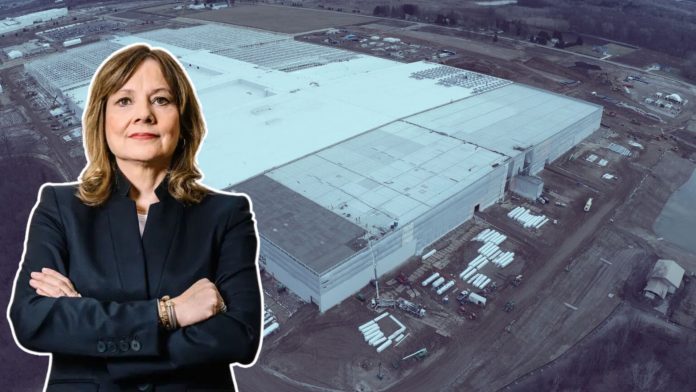General Motors (GM) has announced a non-binding agreement to sell its stake in the nearly completed Ultium Cells LLC battery cell plant in Lansing, Michigan, to its joint venture partner, LG Energy Solution.
The transaction, expected to close in the first quarter of 2025, marks a strategic move to enhance operational efficiency in GM’s electric vehicle (EV) production. Despite the sale, GM will retain its ownership interest in Ultium Cells LLC and continue utilizing its existing facilities in Warren, Ohio, and Spring Hill, Tennessee, to meet the growing demand for EVs.
Currently staffed with nearly 100 employees, the Lansing facility remains on track to fulfill its employment commitments. Once the transaction closes, LG Energy Solution will gain immediate access to the facility to begin equipment installation. This move is expected to accelerate production capabilities as the plant nears completion.
Paul Jacobson, GM’s executive vice president and CFO, emphasized the deal’s significance, stating, “Our EV profitability is rapidly improving thanks in part to our strategic decision to build battery cells in the U.S. with LG Energy Solution. It will be years before some of our competitors approach this level of performance. When completed, this transaction will also help LG Energy Solution meet demand by leveraging nearly ready capacity to come online and making GM even more efficient.”
In addition, the Lansing plant is part of the larger Ultium Cells LLC initiative, which has generated thousands of jobs across the U.S. through facilities in Ohio and Tennessee. These plants produce advanced battery cells powering GM’s latest EV models, including the Chevrolet Silverado EV, GMC Sierra EV, Cadillac LYRIQ, Chevrolet Blazer EV, Chevrolet Equinox EV, and the GMC HUMMER EV Pickup and SUV.
By partnering with LG Energy Solution, GM aims to optimize its capital efficiency while scaling its EV operations to meet market demand. The company continues to innovate across its portfolio, offering a mix of gasoline-powered vehicles and one of the industry’s widest ranges of EVs, supporting its commitment to an all-electric future.
For GM, this strategic loss is a calculated step toward achieving long-term profitability and operational excellence in the EV market while reinforcing its collaboration with LG Energy Solution to advance the U.S. battery manufacturing sector.



